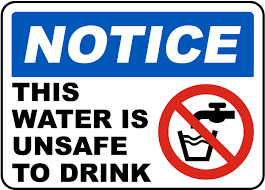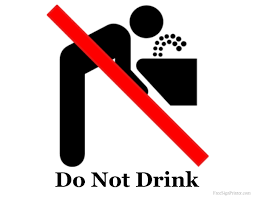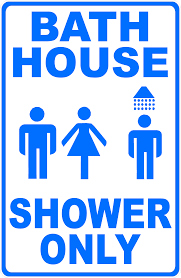Mr. Inspector
SAWHORSE
Doing a plan review. I have a gas station that wants to add an addition. Because the increase of occupants drinking fountains are now required and the water is not safe to drink. I don't know what to do now. Should I make them go to the appeal board?



